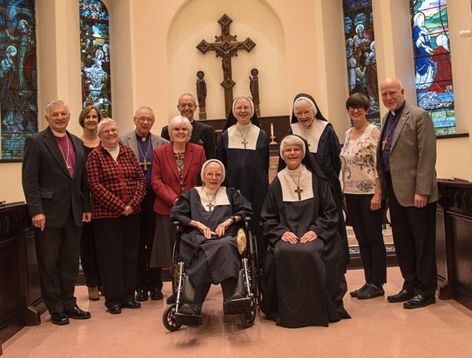Per the state regulation, a faith-based organization would only qualify for the exemption if it primarily employs people who share in its religious tenets and primarily serves people who share in its religious tenets. Effectively, charitable faith-based organizations that provide services to people regardless of their faith are unable to qualify.
In his oral arguments, Francisco argued that the law is not generally applicable because it does not treat all religious groups equally and prevents some faith-based groups from qualifying for an exemption based on its narrow criteria. Under the strict rules, he noted that the ministry of St. Teresa of Calcutta, widely known as Mother Teresa, would not even be able to qualify for a religious exemption under such rules.
“Under this law, the state would have the discretion to deny a religious employer exemption to Mother Teresa and the sisters of Calcutta because, the last time I checked, the poor people of Calcutta were not predominantly Catholic,” Francisco told the judges. “This is a regime that is contrary to the Supreme Court precedent from root to branch.”
The judges challenged Assistant Solicitor General Laura Etlinger, who represented the state agency that promulgated the regulation, during oral arguments. One of the primary concerns expressed by the judges was that the regulation would force faith-based ministries to either provide abortion coverage or drastically curtail their religious mission to conform themselves to the exemption criteria.
In her oral arguments, Etlinger claimed the state drew “a reasonable line” when setting the criteria for an exemption. She further argued that ruling against the state would “discourage the state from providing accommodations” and the result would be “restrictions on free exercise rather than promoting free exercise.”
Etlinger told the judges that there is “deference [given] to the requesting objector” when an organization applies for the exemption and noted the organizations suing the state “have never sought an exemption.”
Credit: Source link




